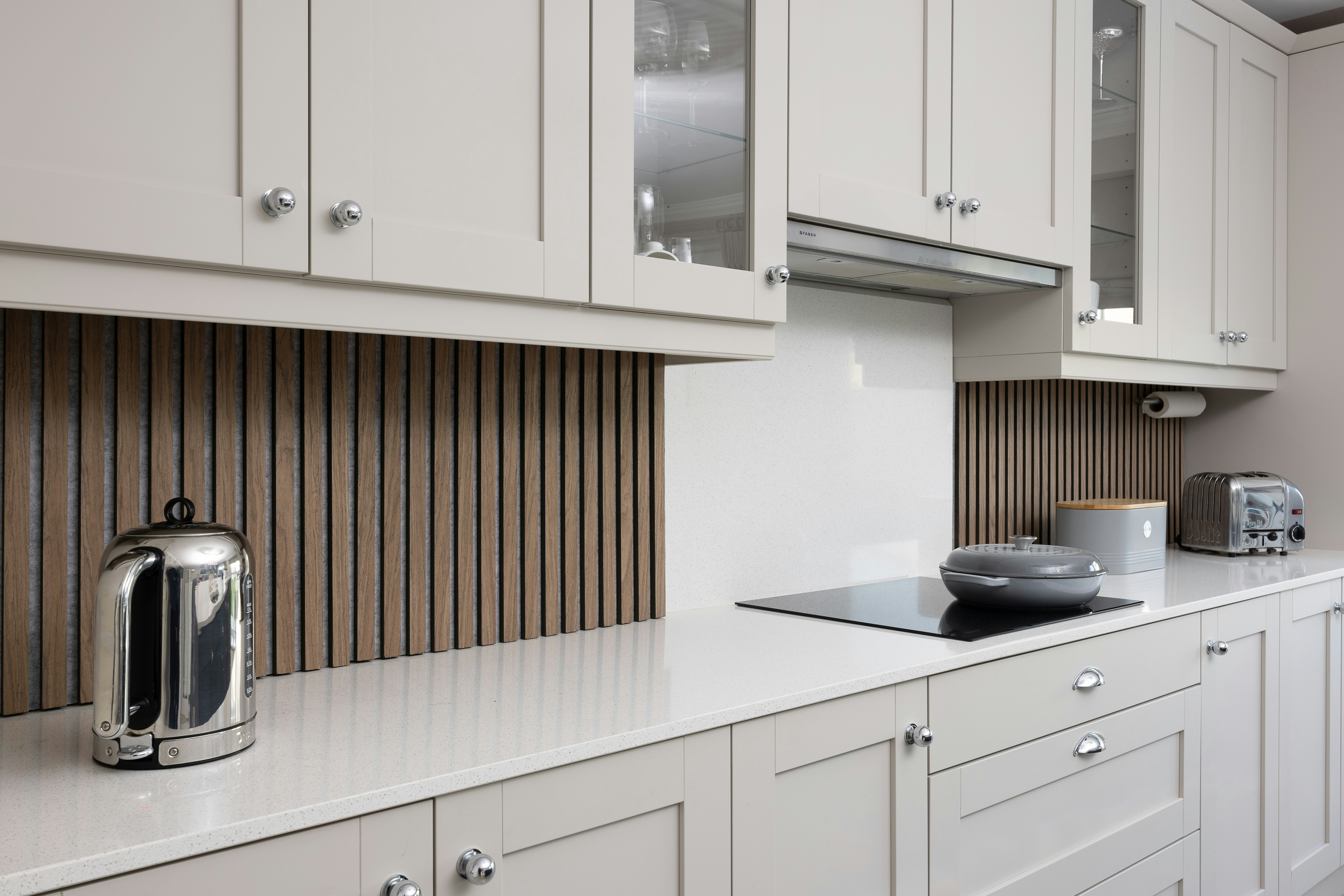
Combi Boilers vs. Condenser Boilers
Which is Right for Your Home?
8 Aug 2024
Two popular options for domestic heating are combi boilers and condensing boilers. But what exactly are they, and how do you decide which one suits your home best? Let’s explore the differences and benefits of each.
What is a Combi Boiler?
A combi boiler, short for combination boiler, is a compact and efficient unit that provides both hot water and central heating. Unlike traditional boilers, combi boilers do not require a separate hot water cylinder or cold water storage tank, making them an ideal choice for smaller homes with limited space.
How Do Combi Boilers Work?
Combi boilers heat water directly from the mains when you turn on a tap, providing an unlimited supply of hot water without the need for a storage tank. They are also highly efficient since they only heat water on demand, which helps to save on energy bills.
What is a Condensing Boiler?
Condensing boilers are a type of high-efficiency boiler that can be used for central heating and hot water. They work by condensing water vapour in the exhaust gases and recovering latent heat, which would otherwise be lost through the flue.
How Do Condensing Boilers Work?
Condensing boilers extract more heat from the fuel they burn, making them more efficient than non-condensing models. They typically have a larger heat exchanger, which allows them to recover more heat and send cooler gases up the flue, resulting in less energy waste.
Which Boiler is Best for Your Home?
Choosing between a combi boiler and a condensing boiler depends on several factors, including your home’s size, hot water usage, and space availability.
Combi Boiler: Ideal for Smaller Homes
Combi boilers are perfect for smaller properties with one bathroom. They are compact, easy to install, and do not require a hot water cylinder, making them a space-saving option. Additionally, they provide hot water on demand, which is convenient for households with moderate hot water needs.
Condensing Boiler: Suitable for Larger Homes
Condensing boilers are more suitable for larger homes with multiple bathrooms. They can handle higher hot water demands and work efficiently with a hot water cylinder, ensuring a steady supply of hot water even when multiple taps are running simultaneously. They are also an excellent choice for homes looking to reduce their carbon footprint due to their high efficiency.
Advantages of Combi Boilers
1. Space-Saving: No need for a hot water cylinder or cold water storage tank.
2. Efficient: Heat water on demand, reducing energy waste.
3. Cost-Effective: Lower installation and running costs compared to traditional boilers.
4. Simple Installation: Less pipework required, leading to quicker and cheaper installation.
Advantages of Condensing Boilers
1. High Efficiency: Extract more heat from the fuel, reducing energy bills and emissions.
2. Consistent Hot Water Supply: Ideal for homes with high hot water demand.
3. Environmentally Friendly: Lower CO2 emissions due to higher efficiency.
4. Versatile: Can be used with existing heating systems and upgraded to work with renewable energy sources.
Disadvantages of Combi Boilers
1. Hot Water Flow Rate: Dependent on mains water pressure; may struggle with multiple simultaneous hot water demands.
2. Maintenance: Requires regular maintenance to ensure efficiency and prevent breakdowns.
Disadvantages of Condensing Boilers
1. Space Requirement: Needs space for a hot water cylinder.
2. Installation Cost: Higher initial installation costs compared to combi boilers.
3. Complexity: More complex system requiring expert installation and maintenance.
Frequently Asked Questions (FAQ)
1. Which boiler is more energy-efficient?
Condensing boilers are generally more energy-efficient due to their ability to recover heat from flue gases.
2. Can I replace my old boiler with a combi boiler?
Yes, but it depends on your hot water demands and the space available. Consult a heating engineer to assess your specific needs.
3. Are there government incentives for installing energy-efficient boilers?
Yes, various incentives and grants are available to encourage the installation of energy-efficient boilers. Check the latest schemes from the UK government.
4. Do I need to replace my radiators if I install a new boiler?
Not necessarily, but it might be beneficial to ensure your radiators are compatible with your new boiler system for optimal efficiency.
Conclusion
Both combi and condensing boilers have their unique advantages and are suitable for different types of homes. For smaller properties with limited space and moderate hot water needs, a combi boiler is a practical and cost-effective choice. However, for larger homes with higher hot water demands, a condensing boiler offers superior efficiency and consistent hot water supply.
When deciding on a new boiler, consider your home’s size, hot water usage, and energy efficiency goals.
Consulting with a professional heating engineer can help you make an informed decision tailored to your specific needs.
If you have any questions about which boiler you should use, do not hesitate to get in touch.

